ARA works on emissions regulations
A science-based analysis of peer-reviewed literature and data provided by the American Rental Association (ARA) to the California Air Resources Board (CARB) earlier this year has resulted in draft proposals and language for new on-road and off-road emissions regulations, expected to benefit the equipment rental industry as well as contractors and construction companies.
“When the California Air Resources Board first started to look at these issues more than five years ago, the American Rental Association was proactive and has worked with CARB staff members throughout the process. All of our effort and determination has resulted in getting regulations that are fair for ARA members,” says Christine Wehrman, ARA executive vice president and CEO.
CARB held a series of workshops through Oct. 12 to present its draft proposals and language for new on-road and off-road emissions regulations. A final draft was expected to be published in early November, followed by a 45-day period for formal comments. CARB is scheduled to meet Dec. 16-17 to consider the revised regulations. ARA plans to submit formal comments, as well as have representatives testify at the CARB meeting
John McClelland, Ph.D, ARA’s vice president for government affairs, says ARA most recently focused on CARB’s model of how much fuel was used in off-road equipment to determine emissions. “Our analysis was that the fuel use figures they used were four times greater than what we could verify using independent data sets, including data from the U.S. Energy Information Agency. A lot of evidence suggested they were over-estimating emissions from off-road equipment,” he says.
“We also made it clear that using their compliance model and using the rental fleet data we had, that someone with the cleanest fleet could have been unable to comply with the rule as implemented and forced to needlessly eliminate certain pieces of equipment from a rental fleet before normal attrition. That means a company would have had to take virtually new equipment and eliminate it from use. The rule was overkill, and we convinced them that it was overkill,” McClelland says.
For off-road equipment, the rule has been delayed for at least two years, and some fleets may not have to report again until Jan. 1, 2014. CARB has made copies of its proposals, and additional information about the rule making, available here.










